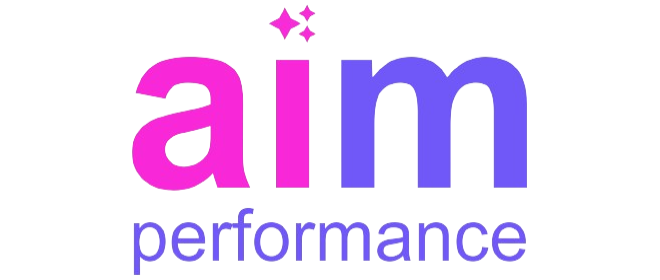For blue-collar workforce, accurate timekeeping isn’t just a matter of compliance; it is a cornerstone of operational efficiency and employee trust. Yet, many organizations struggle with outdated or error-prone systems, leading to payroll inaccuracies, disputes, and inefficiencies. Here is where a robust Performance Management System steps in, transforming timekeeping from a logistical nightmare to a streamlined process.
Understanding the Importance of Timekeeping in Blue-Collar Workforces
Accurate timekeeping is critical for blue-collar roles due to the nature of their work schedules. These employees often operate in shifts, manage overtime, and may work across multiple sites or projects.
Without proper timekeeping, issues like underpayment, overpayment, or legal penalties can arise. Furthermore, errors can erode employee morale and trust, impacting productivity. By prioritizing accuracy through performance management tools, businesses can create a transparent and efficient work environment.
The Common Pitfalls in Manual Timekeeping
Manual timekeeping systems are still prevalent in many industries, but they are riddled with inefficiencies.
- Human Error: Data entry mistakes and misinterpretations can lead to payroll inaccuracies.
- Time Theft: Inaccurate reporting, whether intentional or accidental, can inflate costs.
Performance management systems address these pitfalls by automating processes, reducing reliance on human input, and ensuring data accuracy.
How PMS Automates Time Tracking
Modern PMS solutions incorporate features like biometric attendance systems, GPS tracking, and automated clock-ins. These tools reduce the dependency on manual logs while ensuring real-time data collection.
For example, a PMS can link timekeeping data directly to payroll systems, eliminating the need for redundant data entry and ensuring employees are compensated fairly and promptly. This automation not only minimizes errors but also saves time for HR teams.
Integration of AI and Analytics in Timekeeping
Performance management systems now leverage artificial intelligence and advanced analytics to monitor and evaluate timekeeping patterns.
- AI-Driven Alerts: AI detects anomalies in timekeeping, such as unusually short or long shifts, flagging them for review.
- Predictive Insights: Analytics can predict overtime trends, helping managers allocate resources more effectively.
This proactive approach prevents errors before they escalate and ensures that timekeeping aligns with organizational policies.
Improving Compliance with Labor Laws
Labor law violations, especially regarding overtime and break periods, are a common challenge for blue-collar workforces. Performance management systems provide built-in compliance features that automatically calculate time worked, breaks taken, and overtime hours in line with local regulations.
This ensures businesses adhere to legal standards, reducing the risk of costly penalties or reputational damage.
Real-Time Visibility for Managers and Employees
A PMS provides real-time dashboards that give both managers and employees instant access to timekeeping data.
- For Managers: They can monitor attendance trends, absenteeism, and overtime in real-time, enabling better workforce planning.
- For Employees: Access to accurate time logs builds trust and transparency, empowering employees to track their hours confidently.
This visibility reduces disputes and fosters accountability across the organization.
Enhanced Transparency Through Digital Records
Digital timekeeping via PMS ensures every record is logged and accessible for future audits. These systems create a transparent trail of data that leaves no room for discrepancies or manipulation.
When employees know their hours are tracked and recorded accurately, it reduces potential conflicts and reinforces organizational integrity.
Reducing Administrative Burden for HR Teams
HR departments often bear the brunt of managing timekeeping errors. From resolving disputes to recalculating payroll, these tasks can be time-consuming and error-prone.
A PMS reduces this burden by automating workflows, flagging errors early, and ensuring accurate data integration with payroll systems. This frees HR professionals to focus on strategic initiatives rather than firefighting administrative issues.
Building Employee Trust Through Fair Compensation
At its core, accurate timekeeping is about fairness. Employees who feel fairly compensated for their work are more likely to stay engaged and productive.
Performance management systems ensure that every minute worked is accounted for, eliminating discrepancies and fostering trust. Over time, this trust translates into a more loyal and motivated workforce, essential for long-term organizational success.
Conclusion: A Future Free from Timekeeping Errors
In the dynamic world of blue-collar workforces, errors in timekeeping can have significant repercussions, from financial losses to damaged employee morale. A well-implemented Performance Management System transforms timekeeping processes, ensuring accuracy, compliance, and transparency at every step.
As industries evolve, investing in PMS solutions is not just a choice, it’s a necessity to thrive in an increasingly competitive landscape.











